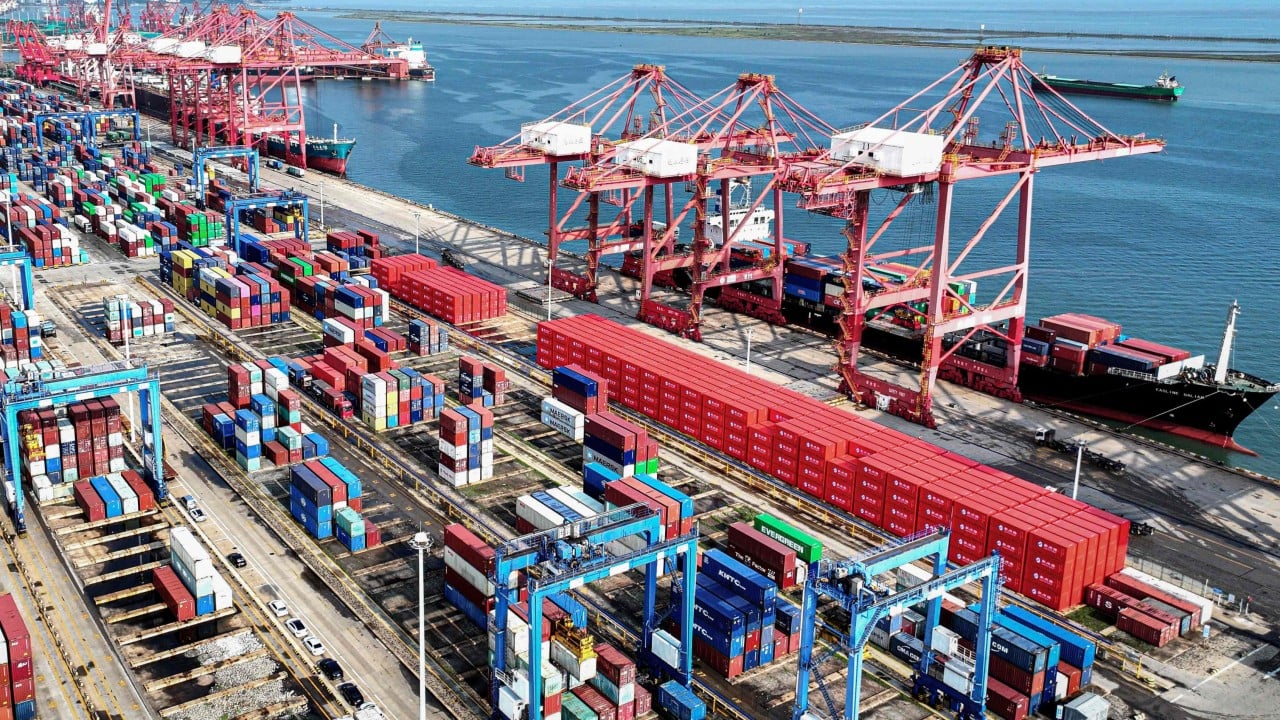Thailand will set up a task force to strictly enforce existing regulations aimed at stemming the tide of cheap Chinese imports that is threatening the manufacturing sector and an already weak economy, a minister said on Wednesday.
The move comes amid warnings that many Thai businesses may not survive what the main manufacturing association has called a tsunami of cheap Chinese goods, which has already contributed to nearly 2,000 factory closures in Southeast Asia’s second-largest economy in the last year.
The Thai economy is expected to grow 2.6 per cent this year on tourism and exports, but will be dragged down by manufacturing. Factory output for the first half of 2024 period fell 2.01 per cent from a year earlier.
Thailand will set up a task force comprising 28 government agencies that will meet every two weeks to review and revise regulations to prevent the distribution of illegal goods, Caretaker Commerce Minister Phumtham Wechayachai told reporters.
“We will use existing measures more extensively,” Phumtham said, adding that these regulations comply with global trade rules.
Other measures include increasing the number of controlled goods under industrial and drug laws and ramping up the frequency of random container inspections, he said.
Thailand in June introduced a 7 per cent value-added tax on imported goods priced at less than 1,500 baht (US$44).

But the launch of Chinese e-commerce firm TEMU in Thailand in July has stoked fresh fears among small businesses that cheaper imported goods would decimate their businesses.
The Thai government said it was in discussions with the Chinese embassy about concerns over the online platform’s compliance with local tax law, according to Phumtham.
The Chinese embassy in Bangkok did not immediately respond to a request for comment.
“We are not discriminating against any country, but ready to make adjustments if current rules cannot address these problems and society’s concerns,” Phumtham said.
Thailand’s influential former Prime Minister Thaksin Shinawatra last week called for “small steps of protectionism” to combat the flood of cheap Chinese goods, in a speech just days after his daughter, Paetongtarn Shinawatra, was appointed prime minister.


